The EU is a key market for Vietnamese agricultural products. Experts recommend carefully studying market regulations to avoid unnecessary risks.
EU is a key market for Vietnamese agricultural products.
According to the report of The Ministry of Agriculture and Rural Development estimated the export value of agricultural, forestry and fishery products in January 2024 at 5.08 billion USD, down 4.9% over the same period in 2024. The export value of Vietnam's agricultural, forestry and fishery products to the Americas, Asia, and Europe decreased. Of which, the export value to Europe reached 577 million USD, down 16.2%.
In 2024, agricultural, forestry and fishery exports will reach a record turnover of 62.5 billion USD, an increase of 18.7% compared to 2023; of which, the EU market accounts for 11.3%.
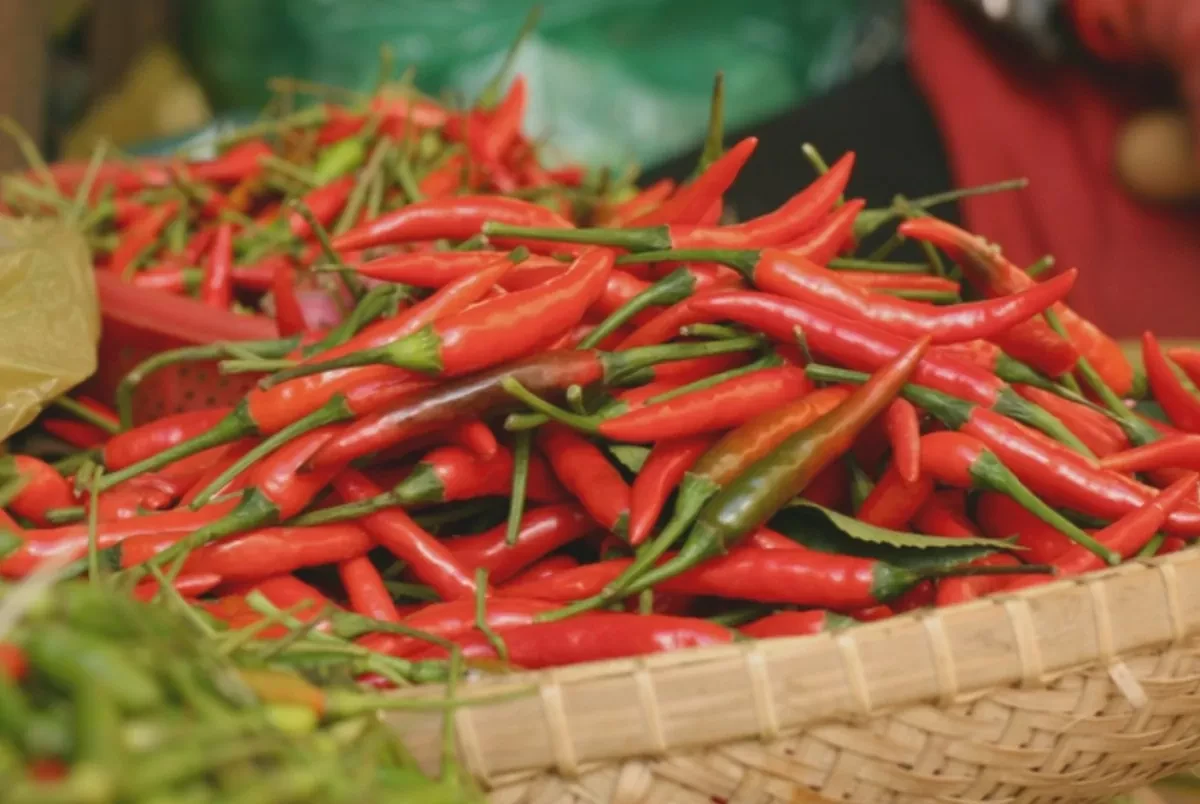
The EU is the world's third largest consumer market for agricultural, forestry and fishery products. Every year, the EU imports over 300 billion USD worth of agricultural, forestry and fishery products. The import turnover of agricultural, forestry and fishery products from Vietnam to the EU accounts for about 1.9% of the EU's total import turnover, ranking 11th in the list of countries exporting agricultural, forestry and fishery products to the EU. The EU is also one of the four largest export markets for agricultural, forestry and fishery products of Vietnam after the United States, China and ASEAN.
The EU is a region with a high level of food consumption. Every year, the EU spends 1 trillion Euros on food and beverages, accounting for 21.4% of total household expenditure (11.8% on food, 6.8% on catering services, 1.6% on alcoholic beverages, and 1.2% on non-alcoholic beverages).
Avoid unnecessary risks
However, food safety issues are posing a "difficult problem" for agricultural products exported to this market. Recently, the Vietnam SPS Office and National Enquiry Point for Epidemiology and Animal and Plant Quarantine (Vietnam SPS Office) sent Official Dispatch No. 27/SPS-BNNVN to the Import-Export Department (Ministry of Industry and Trade), along with the following associations: Vietnam Beer - Alcohol - Beverage, Vietnam Coffee - Cocoa, Vietnam Traditional Fish Sauce, Vietnam Cashew to inform about warnings from the European Union (EU) Food and Feed Safety System for Vietnamese exported foods due to violations of EU regulations, leading to product recalls by the EU.
Accordingly, the Vietnam SPS Office pointed out four reasons, including that enterprises have not registered to circulate products containing ingredients from "new foods" in the EU market; enterprises declare ingredients in products that are not consistent with the records, especially ingredients that can easily cause allergies; products contain illegal food additives or exceed the prescribed level; enterprises do not declare or carry out veterinary quarantine at the border gate for "mixed products" containing ingredients from animals.
Talk to reporters According to the Industry and Trade Newspaper, Mr. Ngo Xuan Nam - Deputy Director of the Vietnam SPS Office - among these, the regulations on "new foods" and "mixed products" make businesses confused.
Mr. Ngo Xuan Nam analyzed that "novel food" is any food that was not used for human consumption on a significant scale in the European Union before May 15, 1997. Details are given in Regulation (EU) 2015/2283. The list of novel foods authorized is in Regulation (EU) 2018/1023.
Meanwhile, if a “mixed product” contains ingredients of animal origin, the animal raw material must be on the list of businesses permitted to export animal products to the EU.
According to Mr. Ngo Xuan Nam, businesses that make mistakes when exporting to demanding markets such as the EU are usually small and medium-sized. On the contrary, large businesses, especially FDI enterprises, have specialized technical departments that can quickly access information about market changes.
Previously, information about increasingly strict regulations on agricultural, forestry and fishery products exported to EU market The Vietnam Trade Office in Sweden has also informed that the EU is applying stricter regulations on food safety and sustainability to minimize environmental impacts and ensure product quality. The Nordic market, including Sweden, Denmark and Norway, is famous for its high requirements for agricultural product quality, posing challenges but also bringing great opportunities for Vietnamese exporters.
New regulations affecting fresh produce include reduced pesticide residues. The EU requires imported agricultural products to meet strict pesticide residue limits (MRLs). Certain chemicals that are not permitted for use in the EU will be banned from imported products altogether. Specifically, under Regulation 2023/915, maximum residue levels for cadmium are reduced for fruits such as strawberries, citrus, mangoes, bananas and pineapples. Northern European supermarkets often require their own standards, which are more stringent than EU regulations.
Besides, most of agricultural products Fresh produce imported into the EU requires a phytosanitary certificate. This ensures that the produce is free of pests. Some products such as bananas, coconuts, dates, pineapples and durian do not require this certificate. However, additional heat treatment of mangoes or similar measures are recommended to prevent fruit flies. The EU applies a higher rate of inspection to products from certain countries that are at high risk of chemical residues.
According to Ms. Nguyen Thi Hoang Thuy - Director, Head of the Vietnam Trade Office in Sweden, concurrently in charge of the Northern European market, EU market In general, and Northern Europe in particular, set high requirements for the quality and traceability of agricultural products, requiring Vietnamese exporters to prepare carefully and meet high standards. Accordingly, exporters need to ensure that products do not exceed the permitted chemical residue level and meet the strict requirements of Northern European importers; ensure phytosanitary certification.
Another issue that Ms. Nguyen Thi Hoang Thuy informed is that products from Vietnam may be in the high-risk category, leading to a higher inspection rate. Therefore, businesses need to improve quality control at the source, especially with agricultural products such as chili, beans, and tropical fruits. At the same time, prepare complete records of production and inspection processes to promptly resolve any problems that arise.
Good compliance with EU regulations not only helps products meet requirements but also builds credibility with Nordic customers. Therefore, businesses need to promote their commitments to quality and transparency in the supply chain. Connect with major import partners in Nordic countries and participate in trade fairs to expand the customer network.
Regarding the EU market, Mr. Ngo Xuan Nam said that in recent years, information on SPS has been more widely received and transmitted, reaching almost all local departments, branches, as well as associations and businesses. However, the lack of smooth connection in information makes violations more likely to occur. In 2024 alone, Vietnam received 114 warnings from the EU, double that of 2023. To avoid a repeat of this situation, Mr. Ngo Xuan Nam suggested that relevant organizations, individuals and businesses carefully study market regulations before exporting to avoid unnecessary risks.
Source


![[Photo] President Luong Cuong receives Kenyan Defense Minister Soipan Tuya](https://vstatic.vietnam.vn/vietnam/resource/IMAGE/2025/4/17/0e7a5185e8144d73af91e67e03567f41)
![[Photo] Prime Minister Pham Minh Chinh and Ethiopian Prime Minister visit Tran Quoc Pagoda](https://vstatic.vietnam.vn/vietnam/resource/IMAGE/2025/4/17/18ba6e1e73f94a618f5b5e9c1bd364a8)
![[Photo] Promoting friendship, solidarity and cooperation between the armies and people of the two countries](https://vstatic.vietnam.vn/vietnam/resource/IMAGE/2025/4/17/0c4d087864f14092aed77252590b6bae)
![[Photo] General Secretary To Lam receives French Ambassador to Vietnam Olivier Brochet](https://vstatic.vietnam.vn/vietnam/resource/IMAGE/2025/4/17/49224f0f12e84b66a73b17eb251f7278)
![[Photo] Welcoming ceremony for Chinese Defense Minister and delegation for friendship exchange](https://vstatic.vietnam.vn/vietnam/resource/IMAGE/2025/4/17/fadd533046594e5cacbb28de4c4d5655)
![[Photo] Warm meeting between the two First Ladies of the Prime Ministers of Vietnam and Ethiopia with visually impaired students of Nguyen Dinh Chieu School](https://vstatic.vietnam.vn/vietnam/resource/IMAGE/2025/4/17/b1a43ba73eb94fea89034e458154f7ae)
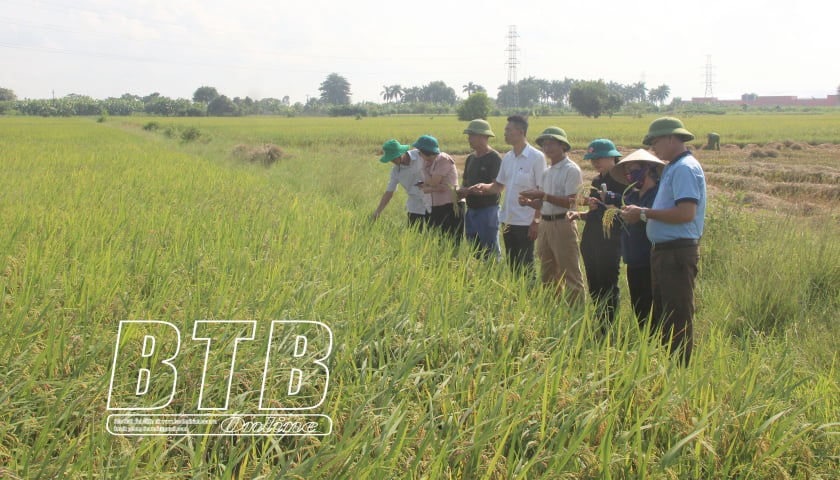

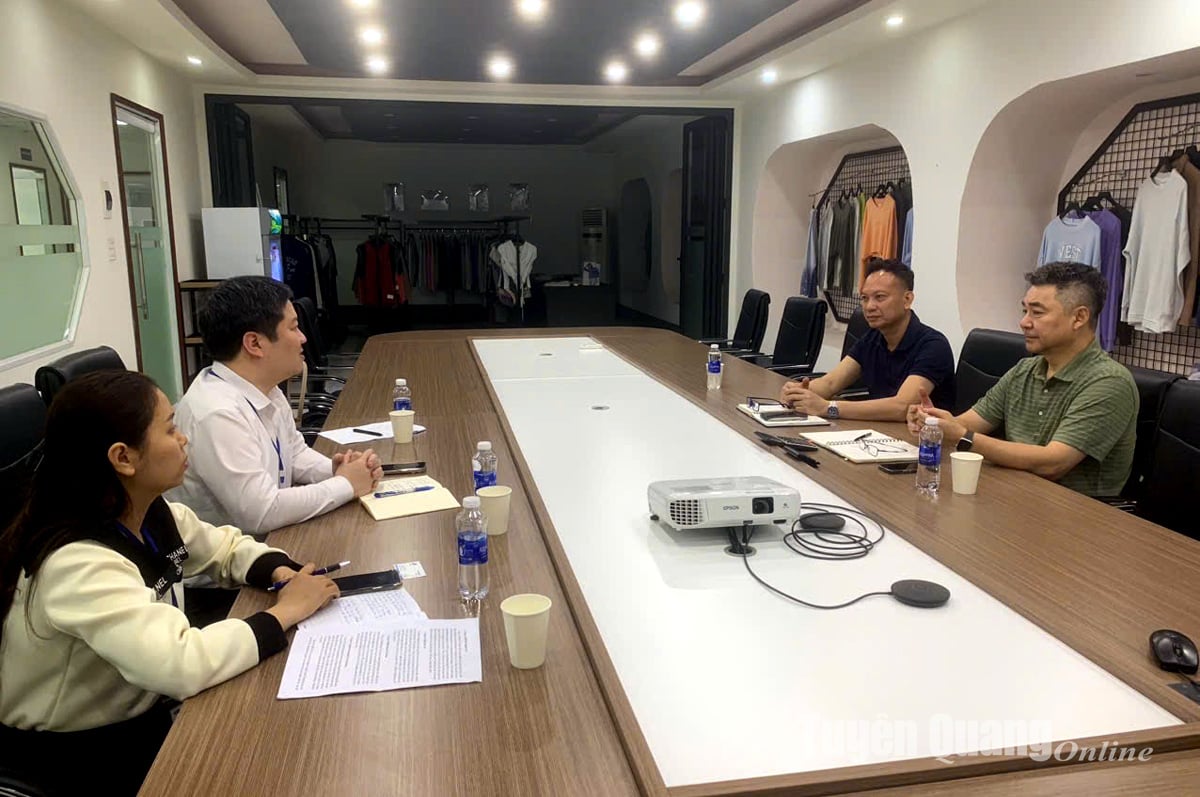

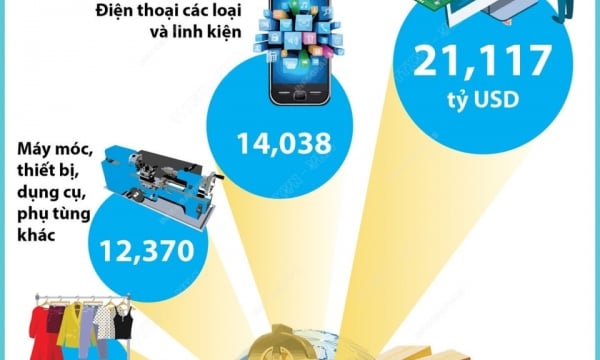
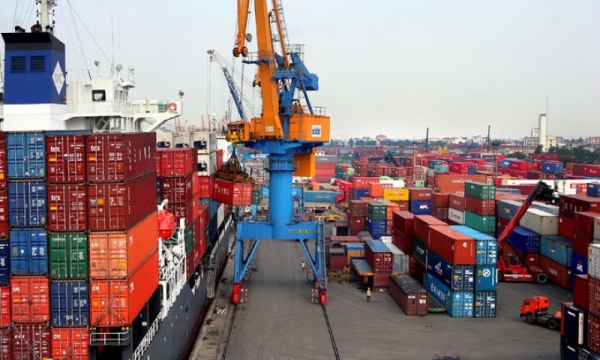
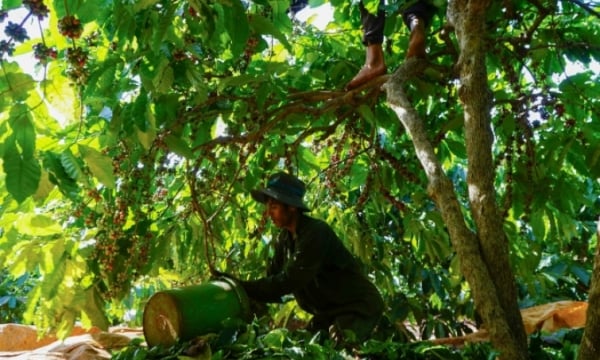
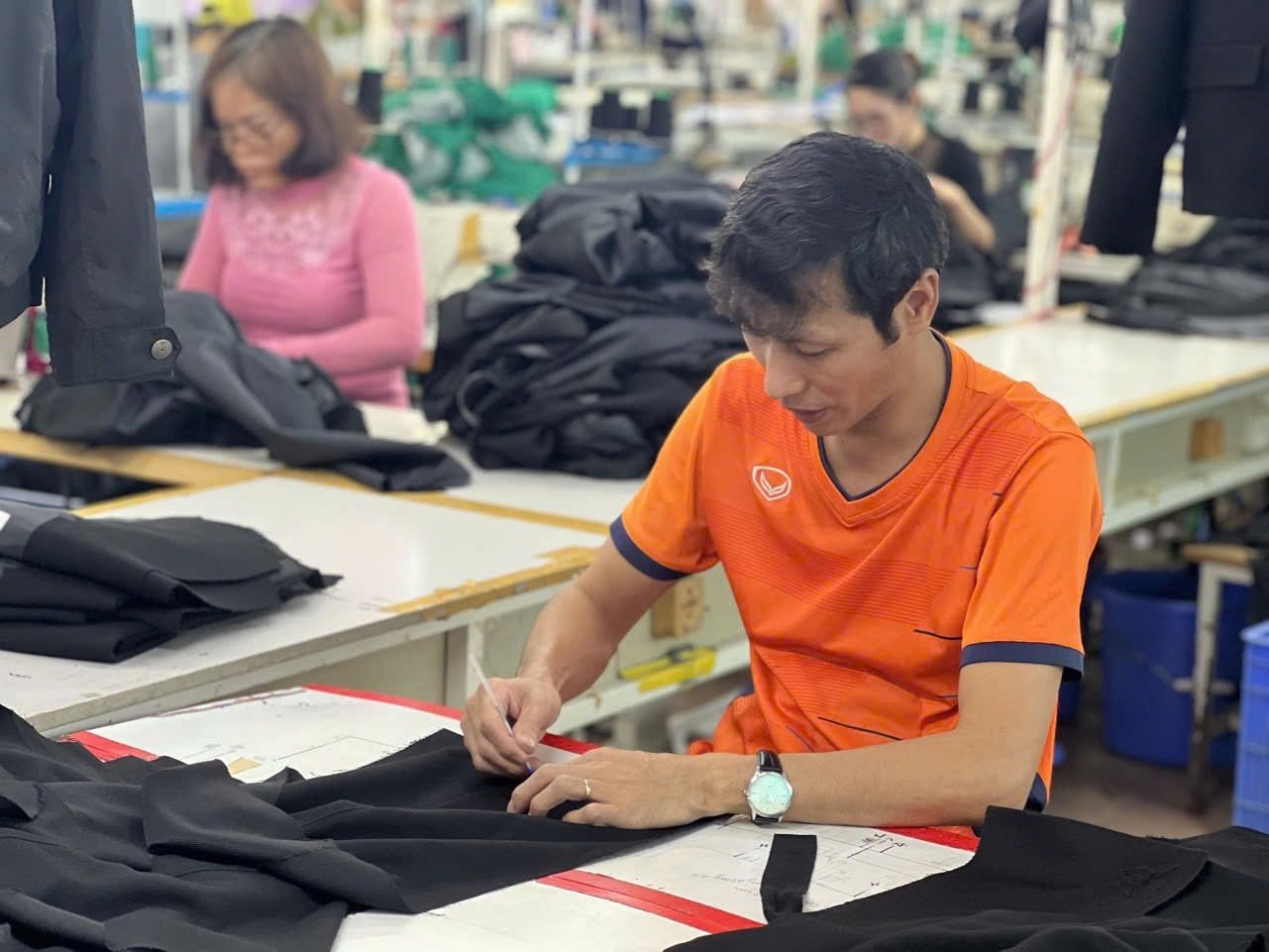
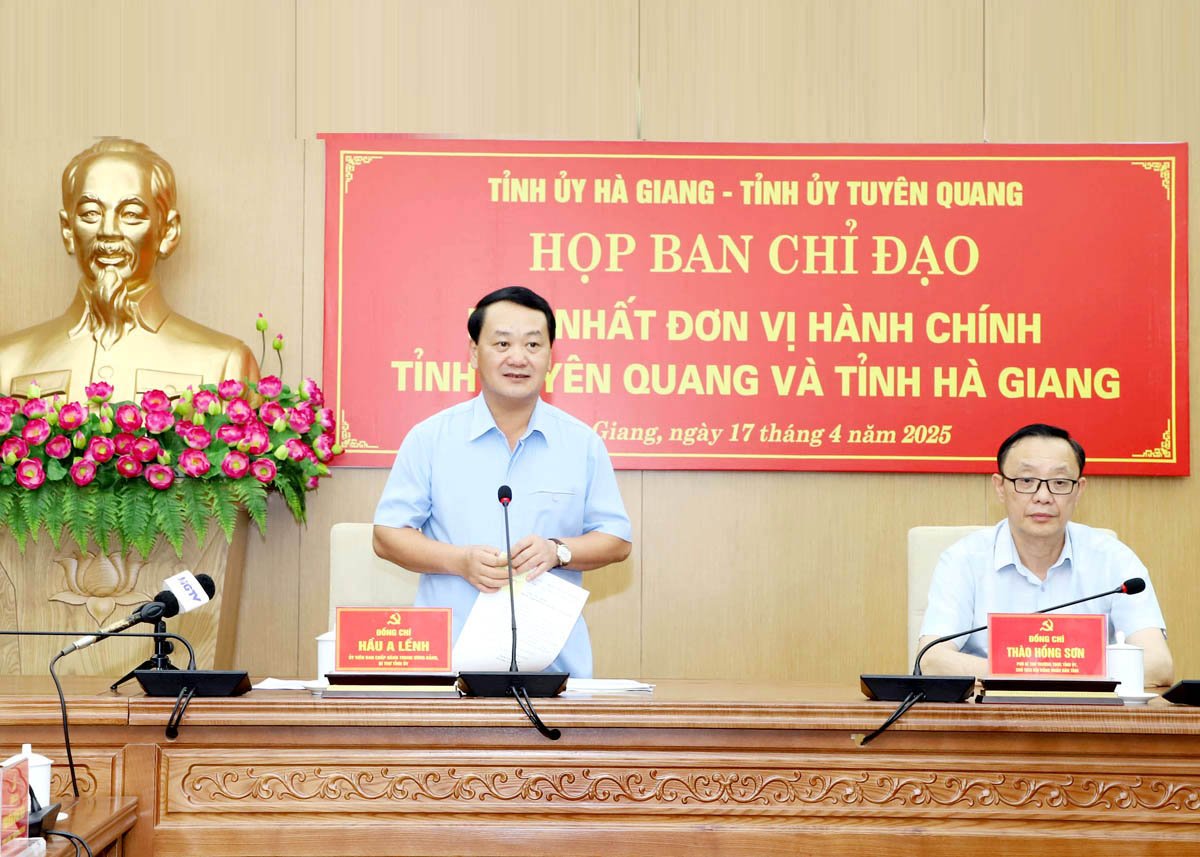


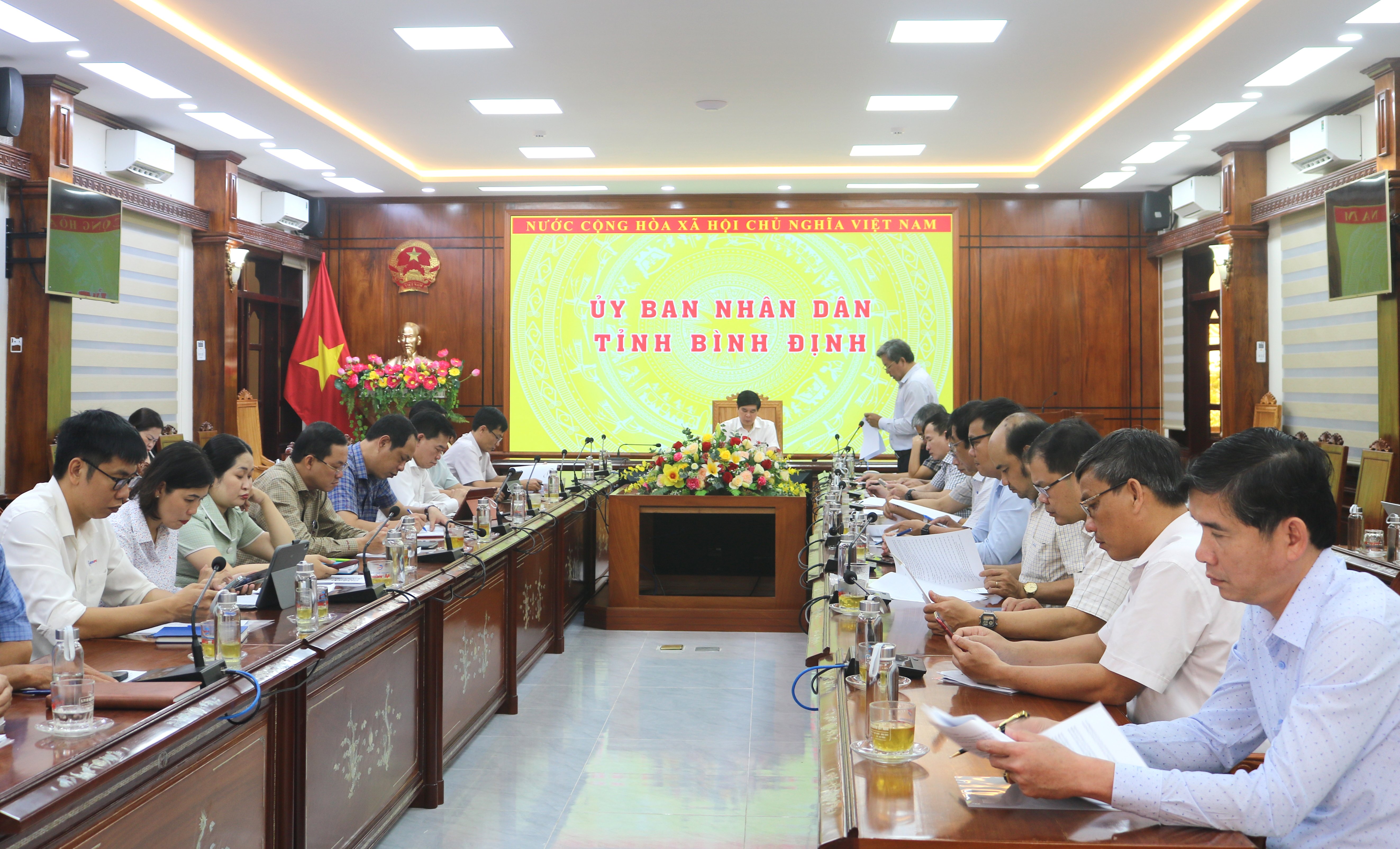
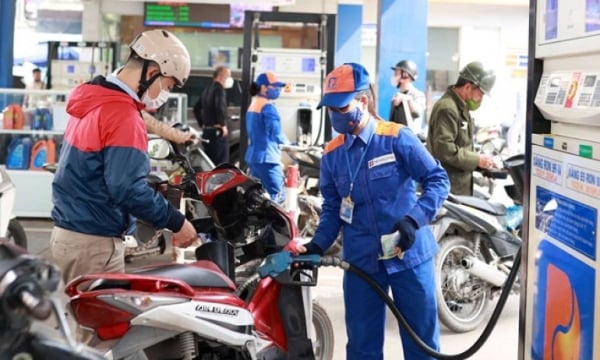









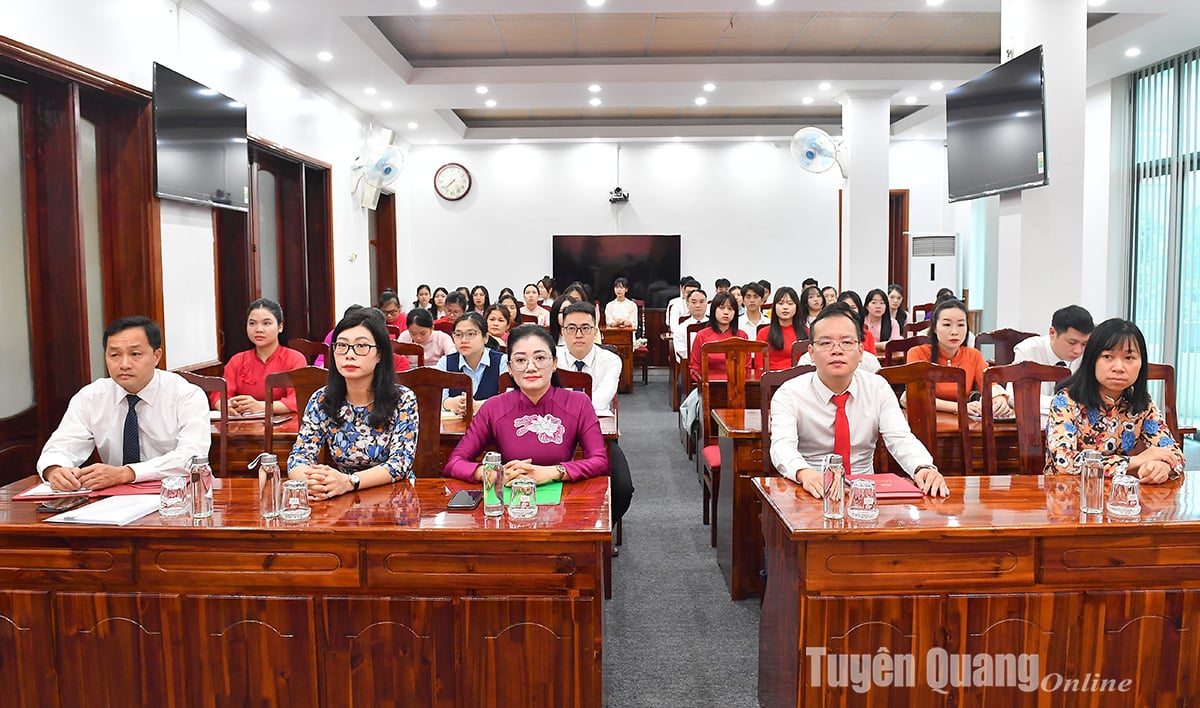





























![[Video] Viettel officially puts into operation the largest submarine optical cable line in Vietnam](https://vstatic.vietnam.vn/vietnam/resource/IMAGE/2025/4/17/f19008c6010c4a538cc422cb791ca0a1)















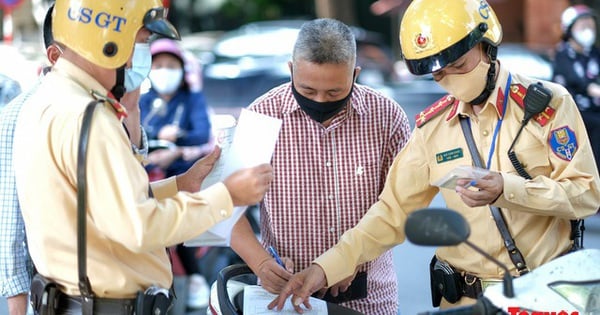
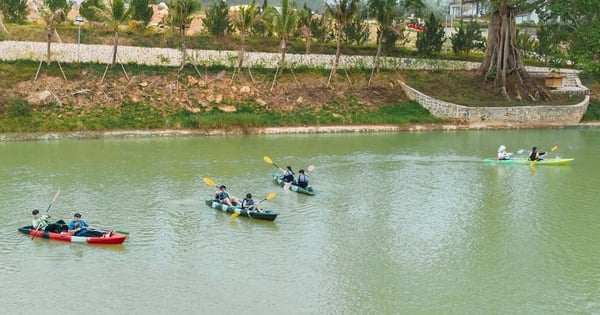
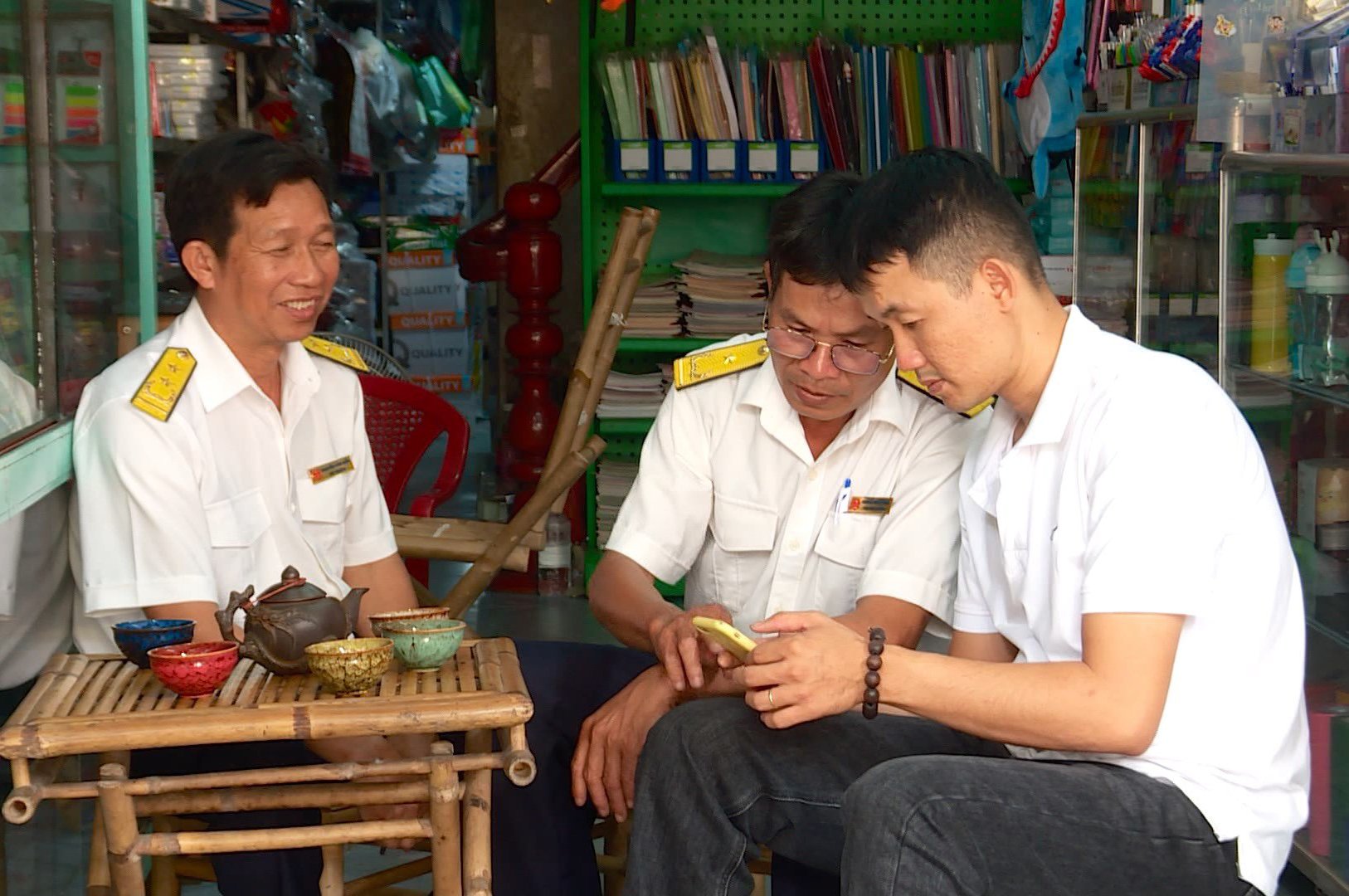

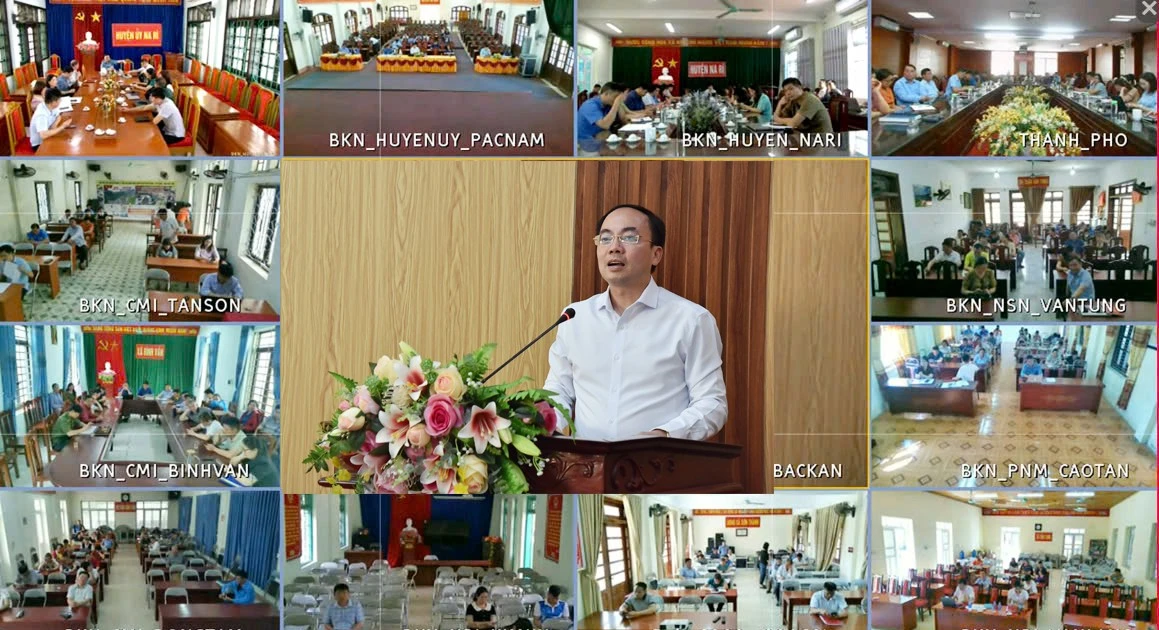


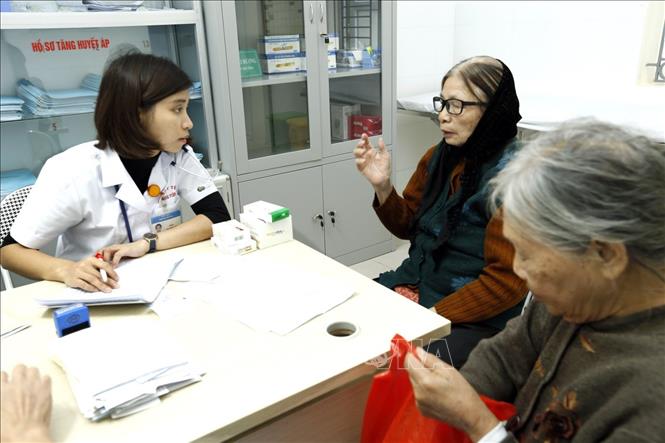

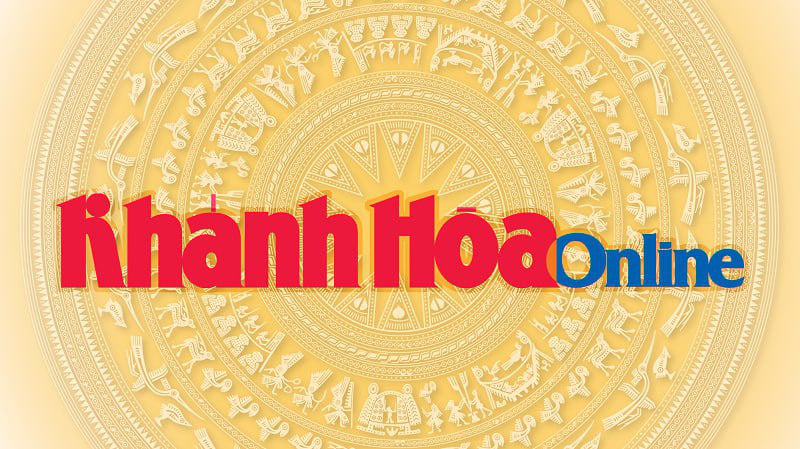

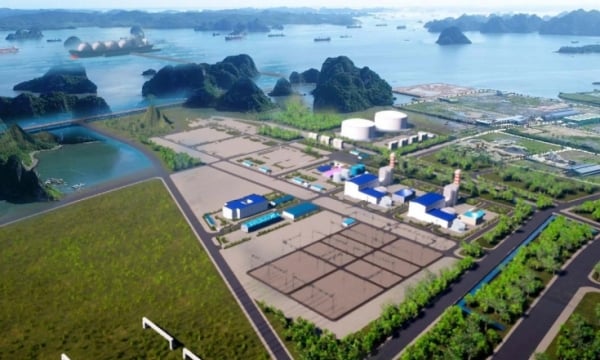













Comment (0)